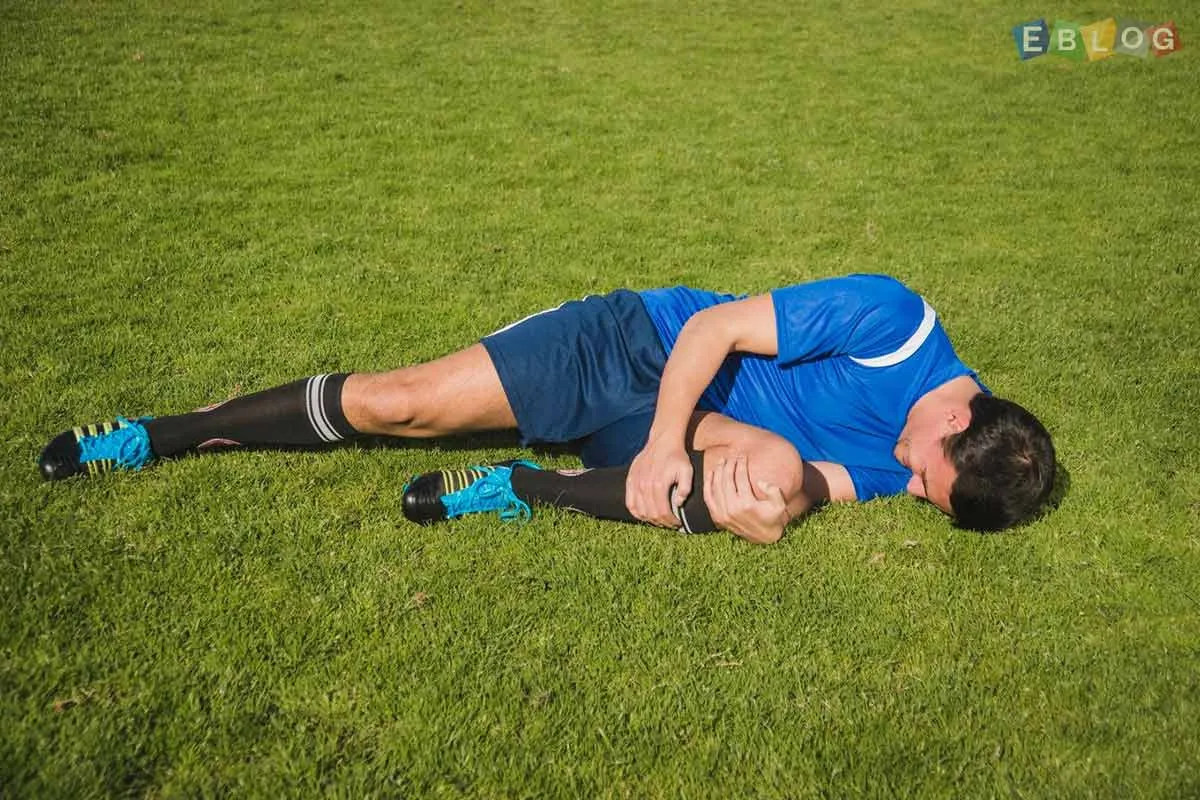
Effective Tips For Preventing Sports Injuries
- 27 Feb, 2024
- Sports
- 458 Views
- 0 Comments
Engaging in sports and physical activities offers a plethora of benefits, from improving cardiovascular health to boosting mood and overall well-being. However, with the thrill of athletic pursuits also comes the risk of injuries, which can disrupt training routines and lead to long-term consequences. Fortunately, by incorporating preventive measures into your athletic endeavors, you can significantly reduce the likelihood of sports-related injuries. In this guide, we'll explore effective tips for preventing sports injuries, allowing you to enjoy your favorite activities safely and confidently.
1. Warm-Up Properly:
A proper warm-up is essential for preparing your body for the demands of physical activity. Start with dynamic stretches and movements that target the muscles and joints you'll be using during your sport. Gradually increase the intensity to raise your heart rate and improve blood flow to your muscles, helping to prevent strains and sprains.
2. Use Proper Technique:
Whether you're running, jumping, or lifting weights, using the correct technique is paramount for injury prevention. Take the time to learn the proper form for your chosen sport or exercise and focus on maintaining alignment and balance throughout your movements. Avoid overexertion and listen to your body's signals to prevent overuse injuries.
3. Wear Appropriate Gear:
The right gear can provide essential support and protection during physical activity. Invest in quality athletic shoes that are designed for your sport and replace them regularly to ensure proper cushioning and support. Additionally, wear protective equipment such as helmets, pads, or braces as recommended for your activity to minimize the risk of impact-related injuries.
4. Gradually Increase Intensity:
Avoid the temptation to push yourself too hard or progress too quickly in your training regimen. Gradually increase the intensity, duration, and frequency of your workouts to allow your body time to adapt and build strength safely. Incorporate rest days into your schedule to prevent overtraining and reduce the risk of fatigue-related injuries.
5. Cross-Train and Incorporate Recovery:
Cross-training involves incorporating a variety of activities into your fitness routine to prevent overuse injuries and promote balanced muscle development. Mix high-impact activities with low-impact exercises such as swimming or cycling to reduce strain on your joints. Additionally, prioritize rest and recovery by incorporating stretching, foam rolling, and adequate sleep into your routine to allow your body time to repair and regenerate.
6. Stay Hydrated and Nourished:
Proper hydration and nutrition are essential for supporting optimal performance and preventing injuries. Drink plenty of water before, during, and after exercise to stay hydrated and replace electrolytes lost through sweat. Fuel your body with a balanced diet rich in lean protein, complex carbohydrates, and healthy fats to support muscle recovery and energy production.
7. Listen to Your Body:
Perhaps the most crucial tip for preventing sports injuries is to listen to your body and heed warning signs of overexertion or potential injury. If you experience persistent pain, discomfort, or unusual fatigue during or after exercise, take it as a sign to rest and seek guidance from a healthcare professional if necessary. Ignoring minor discomforts can lead to more serious injuries down the line.
Conclusion:
While sports injuries may be an inherent risk of physical activity, they are by no means inevitable. By following these effective tips for injury prevention, you can minimize the likelihood of setbacks and enjoy your athletic pursuits safely and responsibly. Remember that prevention is always better than cure, so prioritize safety, listen to your body, and make informed choices to support your long-term health and well-being on and off the field.















Leave a Reply